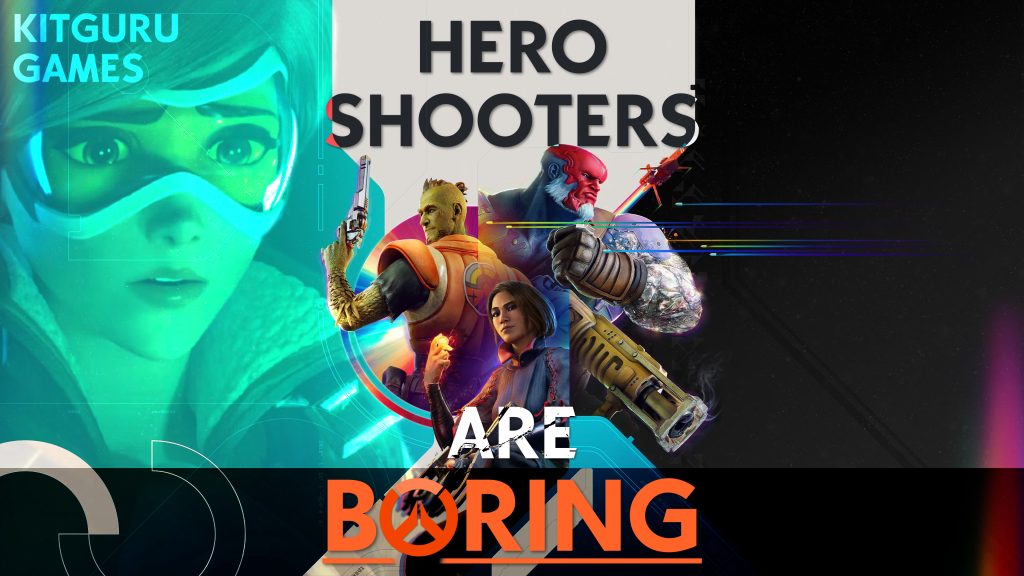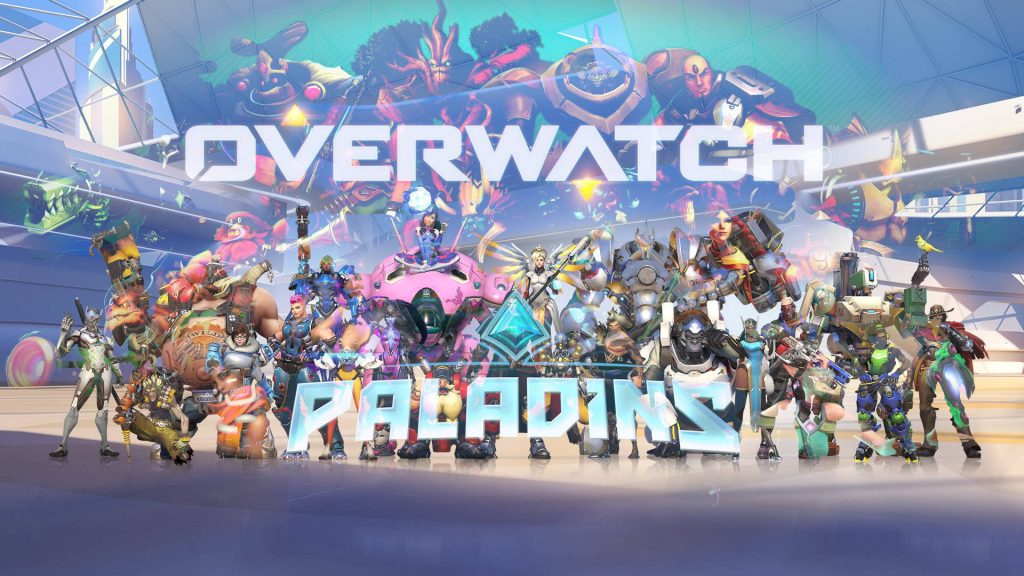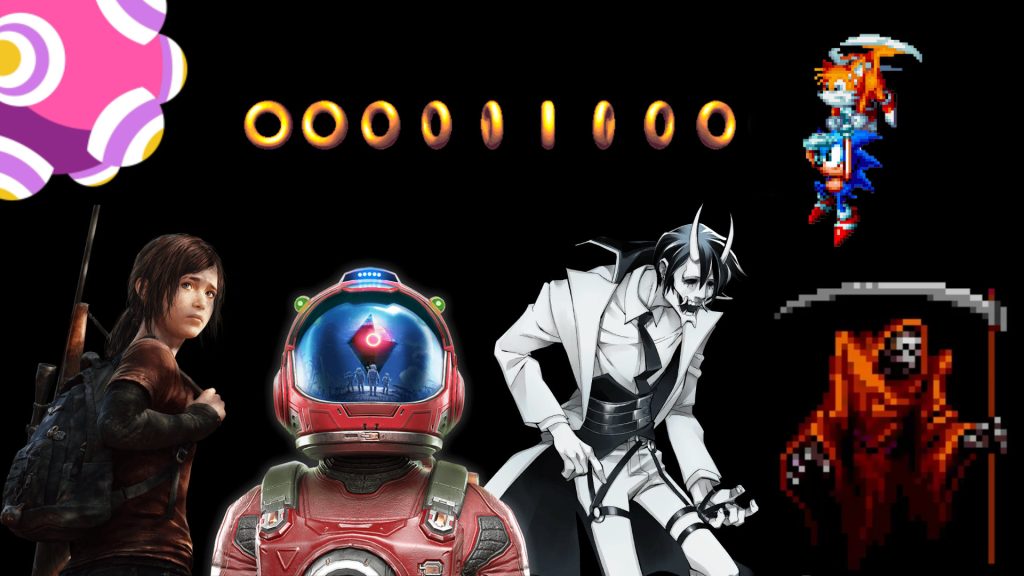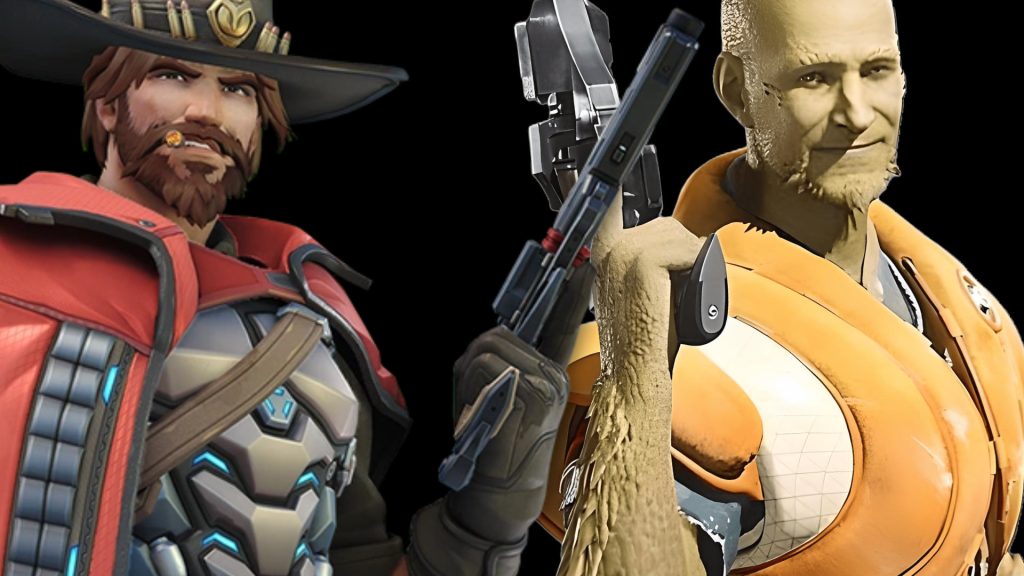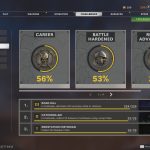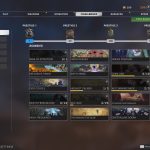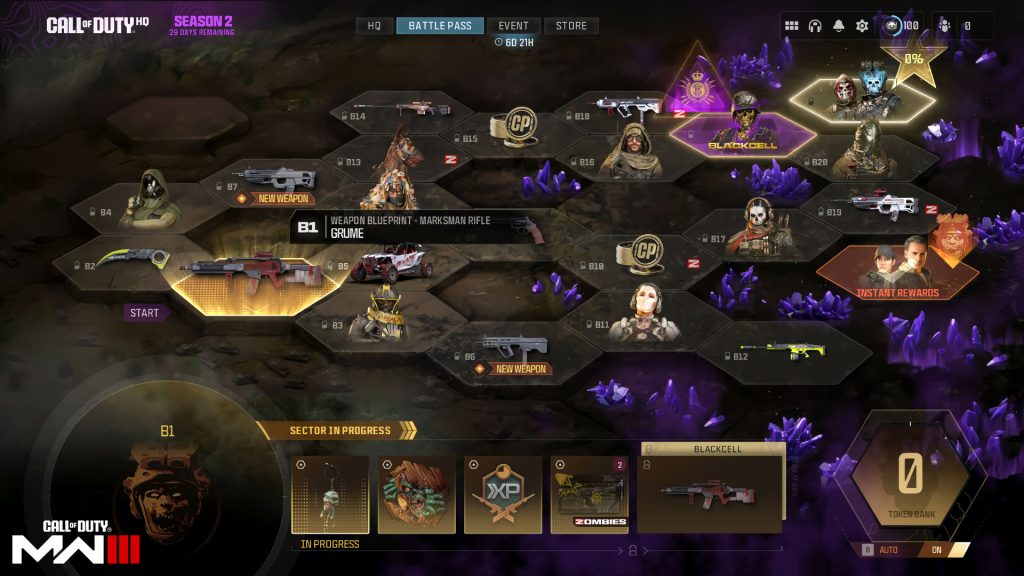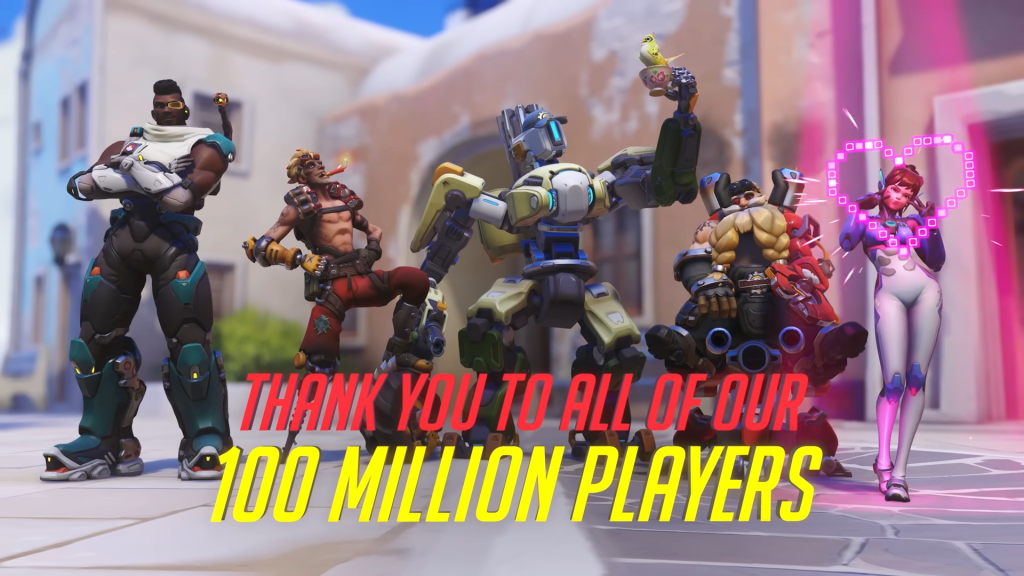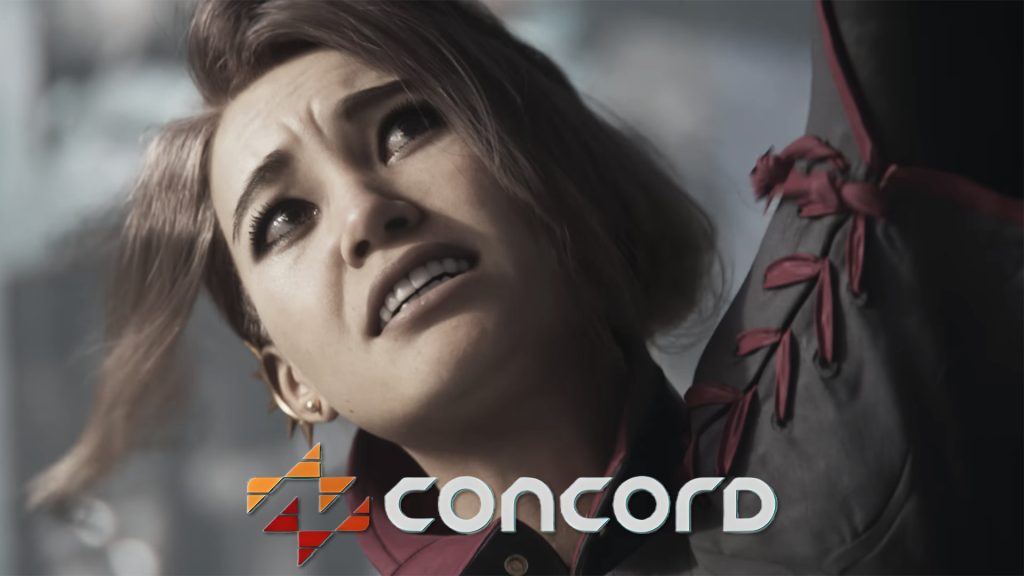Concord marked the latest attempt by Sony to capitalise off of the hype and perceived popularity surrounding live-service games. Released on the 23rd of August, the Destiny x Overwatch like Hero Shooter lasted less than two weeks before being fully shut down by Sony – refunding all of the roughly 25,000 copies which were estimated to have sold during that time. In the immediacy following this monumental failure, there have been a variety of opinions on just why this game flopped so spectacularly. While certainly not the only reason, I believe that the primary cause of its failings is simple: Hero Shooters are boring.
I am of course fully aware that this is a rather bold statement, especially considering the fact that one of the biggest live-service franchises around is the aforementioned Overwatch (even if the Blizzard-developed game has its own set of controversies). That said, I’d argue that if Overwatch released today – even at its peak quality – the game would have fallen off quite quickly. Why? Because, as I said, Hero Shooters are BORING. Let me explain.
First thing’s first, I wish to clarify that Hero Shooters as a concept are not inherently boring, but the ways in which pretty much every single Hero Shooter has operated is. What do I mean by that? Well, what is a Hero Shooter?
At its core, this genre of shooter revolves around a set of varying characters (or heroes), each of which have their own weapons, movement style and unique abilities.
Expanding outwards however, and observing the similarities between existing Hero Shooters, it is clear that the genre has been bubbled into a rather strict set of similar systems. Hero Shooters as they exist right now share a great deal in common with one another.
Undoubtedly influenced by the early success of Overwatch back in the day, pretty much all Hero Shooters have fallen into the same trappings as the game which they were inspired by. These ‘trappings’ include but are not limited to: lack of gameplay/mechanical progression; cosmetic-only unlocks; strictly-defined character builds; and a distinct disconnect between action and rewards. These are the tenets of a modern day Hero Shooter and are the real reasons why the genre has so few success stories – and countless failures.
All video games are art. This statement is and forever will remain true. However, that’s not to say that different games aren’t created for different reasons. You’ve got story-focused single player games which are crafted in order to present a particular narrative. There are titles which are intended to immerse you in a new or unfamiliar universe, helping players to exist in fantastical, apocalyptic, or even mundane worlds – forgetting for some time the realities of life. There are also games which exist to offer an interesting set of gameplay mechanics – the reward of which could be the simple pleasures of playing the game itself. Then, there are the games designed to inject you with that sweet sweet dopamine. Humans like when the number goes up, commendations appear on screen, and you’re told that you’ve done a good job.
Most devs use a combination of these when creating a title, and it is what allows video games to be so varied and appealing. Unlike most other forms of media, the interactive nature of video games allows for a much greater variety in output. Contrasting to a film or TV show, a video game could have a terrible story – or no story at all – and still be one of the best games of all time based on its other merits. Sure, some films can be visual treats, have an excellent soundtrack and a unique concept; but without any direct input/interactivity from the viewers there are far fewer toys with which these filmmakers can play with in order to compel you to consume.
So, all that is to say that video games are in a somewhat unique position which allows them to succeed on a much wider range of merits compared to all other forms of media. So why did Concord fail? The gameplay was solid, the graphics were pretty good and as far as live-services go, the team at Firewalk Studios’ promises of consistent and free updates is seemingly consumer-friendly. In my opinion, the main thing which Concord did wrong was be an Overwatch-styled Hero Shooter. Okay, enough waffling.
As I mentioned, in trying to emulate the success of Blizzard’s shooter, Concord instead wound up taking on all of its negative traits which to this day have plagued Overwatch (though still allowed it to become a success in spite of itself). Going back to the different reasons as to why games are created, multiplayer titles are of course first and foremost crafted in order to allow players to feel a sense of ‘pride and accomplishment’…I jest, but the real reason is surprisingly similar.
In PvP games particularly, one of the most enticing parts of the experience is being able to prove your skill in an arena of other real and competing players. The reward in this instance is the knowledge and acknowledgement that you did a good job. For some, this could be enough, however over the decades we have seen new and inventive ways to keep and maintain a player’s sense of achievement and progression. Let's take Call of Duty as an example. While of course not indicative of every game, the decades-long popularity of this FPS series has influenced many aspects of multiplayer game design.
When experiencing a match of COD, you as a player are doing so much more than simply engaging in PvP battles to prove your supremacy. Of course, while it would be nice to win the match and top the leaderboard, the purpose of the match itself can be so much more:
You could be trying to level up your character in order to unlock new weapons/equipment. You could also be trying to level up a specific weapon in order to get new and interesting attachments for the gun (which could potentially completely switch up your playstyle). You could be attempting a set of daily, weekly, or attachment specific challenges in order to unlock new cosmetic sight patterns. You could be trying to unlock all the camos for all your guns – or just the ones you like. You could be trying to get as many headshots as possible to obtain a specific calling card / emblem. You could be trying to prestige in order to get more permanent unlocks. You could be attempting to rise up the leaderboard in Ranked Play for all that it offers. Or, you could just be playing purely for fun and the satisfaction of the gameplay itself.
All of these and more can and do co-exist simultaneously so that no matter what you’re doing in the game, you feel as though your time and effort is being acknowledged. Many of the functions which I listed have existed in one form or another in pretty much all Call of Duties for well over a decade now.
With the whole push towards live services, there is even more you can do, achieve, unlock and earn – be it thanks to consistent updates, new content or even Battle Passes.
Overwatch on the other hand is a much more stripped back and – dare I say – boring interpretation of the multiplayer PvP shooter. In terms of what you can do / achieve in a match of Overwatch, there is no comparison to be had. Due to the cosmetic-only nature of Overwatch, no matter how long you play, the only change/evolution in gameplay is dependent on your own skill/playstyle.
While this can be a valid multiplayer experience in the immediacy, the lack of any sense of long-term progression makes Hero Shooters feel less rewarding over time. Unlike a more traditional multiplayer FPS, Overwatch offers little to nothing in the way of a reason to play it time and time again. You can of course play the game for fun; play it for the gameplay; play it for the sake of winning; or play it for the cosmetics.
That said, the latter has easily been one of Blizzard’s biggest points of focus with Overwatch, as each season brings with it a new cosmetic battle pass alongside a bunch of additional skins and sprays which you can purchase using in-game currency. Even within these limited systems however, Overwatch fails to take advantage of them. You don’t necessarily need gameplay-altering unlocks in order to feel continuously rewarded for your time and effort. However, the way in which Overwatch dishes out its cosmetics does nothing to help with this sense of reward.
Battle Passes are already a pretty controversial way of rewarding players, not only for its method of recurrent monetisation, but also due to the content inside it. While yes, you can get a couple neat skins each season to show off that you maxed out the Battle Pass, a majority of the unlocks will offer little more than a pointless spray or middling emote. Considering the fact that it could take multiple matches to level up a single tier, Overwatch’s ‘rewards’ can sometimes be more frustrating than actually fun and rewarding.
This is further exacerbated by the fact that the battle pass itself is entirely linear, meaning you cannot try and push for a specific reward path. Again, I’m not a big fan of Battle Passes in general – even in Call of Duty – but at least the latter has tried to offer more freedom of choice when it comes to navigating and unlocking its own Battle Passes – giving you more control of your rewards, and ultimately making said unlocks feel more purposefully earned.
Overwatch is a super popular game, with over 100 million players and a dedicated user base who have in some instances been dailying the game for almost a decade now. As someone who never jumped on the Overwatch train back in the day however, trying to get into the game has been a fruitless affair.
I have tried to see what millions of others have seen in it, but without a Stockholm-syndrome level of long-term nostalgia and commitment to the game, Overwatch feels woefully unrewarding, and is likely one of the leading reasons as to why the game has stagnated player-wise.
Those who love Overwatch absolutely love it, but I’d hazard a guess that a majority of said people have been playing since the early days of Overwatch 1, when the concept of a Hero Shooter was fresh and exciting, and the long-term fatigue of playing for hours on end and getting next-to-nothing had not set in. The real reason no other Hero Shooter has succeeded is not because Overwatch is better than the alternatives, but simply due to it being one of the first to enter the genre, giving a sort of de-facto monopoly status.
People got hooked onto Overwatch because it was something new at the time; quickly falling into the sunk cost fallacy. As such, almost 10 years on from the true birth of the Hero Shooter and Overwatch remains the sole success story.
So, was Concord doomed to fail from the start? Well, yes and no. In copying the unlock system of Overwatch, Concord gave players no real reason to keep playing beyond the initial point of interest. Unlike the novelty of Overwatch at the time, Concord was always going to struggle to get players to care about the cast of characters – especially compared to said player’s Season 72 mythic skin for Moira featuring a bunch of flashy gold lights or whatever.
As I mentioned however, the Hero Shooter as a concept itself is not the issue. Had Concord opted for a more cross-genre approach to its gameplay and unlocks, then I believe the game could have had at least a shot at success. Concord was solid and the gameplay was fun enough…for a couple of hours maybe. Without any short, medium and long term goals which players could look forward to, all that remains is a set of static combat and gameplay mechanics – like playing Call of Duty without a create-a-class system.
Should Sony choose to try and bring back Concord, the first thing they’ll need to do is give players a reason to play the game for more than a single session. While cosmetic unlocks are designed to not disadvantage new players, it has led to many live-service games – especially those with more basic mechanics – to get stale rather rapidly.
I’m not asking for a complete weapons workshop or anything like that, but perhaps even offering some sort of alternate ultimate attack or function upon levelling up your character. Maybe your character’s weapon could get a couple basic attachments to allow for slightly more customisation in both aesthetics and gameplay. I’m not a game designer, but I know when a game does not feel satisfying to play, and in my experience, every Hero Shooter has failed for the exact same reason: They are boring.
While in many ways Overwatch is to thank for the rise of the genre itself, they must also be acknowledged as the ones to have stifled the Hero Shooter concept as a whole due to their influence – whether intended or not. Maybe one day we’ll get a Hero Shooter which does things correctly, but Concord was unfortunately clearly not that game.
KitGuru says: What do you think of Hero Shooters? What’s your favourite and least favourite aspect of the genre? Would you want to see Concord come back in some form or another? Let us know down below.
 KitGuru KitGuru.net – Tech News | Hardware News | Hardware Reviews | IOS | Mobile | Gaming | Graphics Cards
KitGuru KitGuru.net – Tech News | Hardware News | Hardware Reviews | IOS | Mobile | Gaming | Graphics Cards


